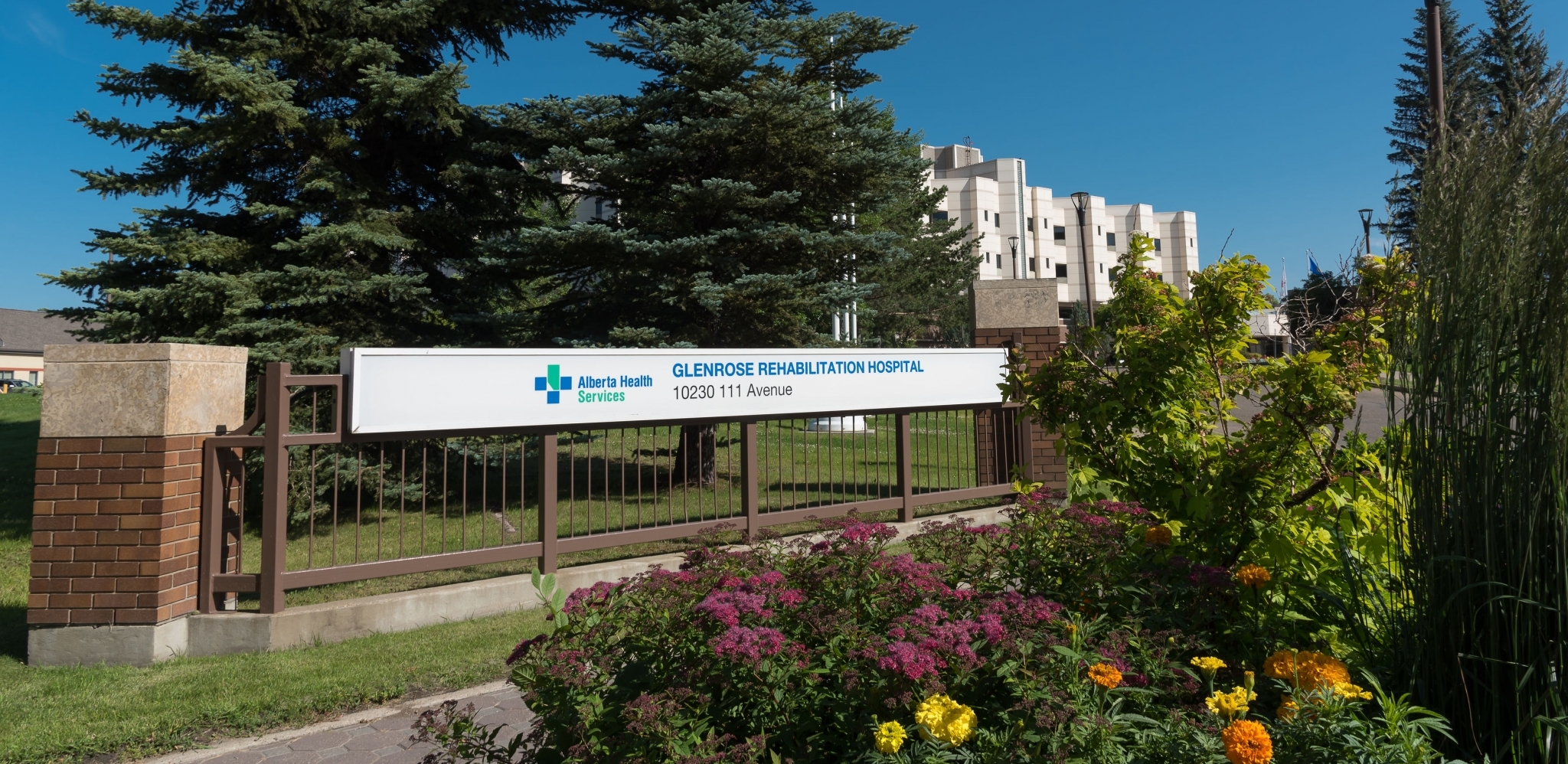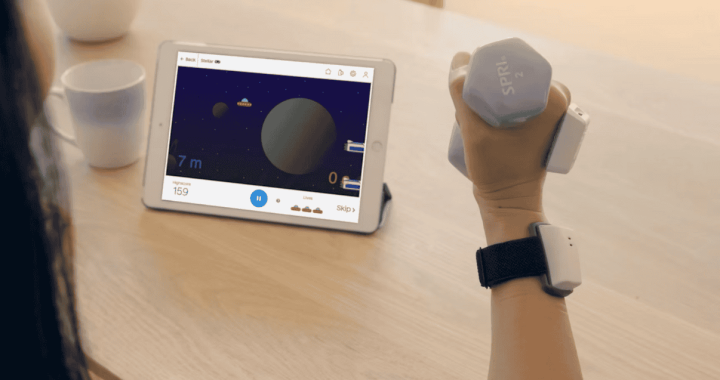Each year the Glenrose Hospital awards research grants to clinicians and teams looking to demonstrate new ways of approaching challenges in rehabilitative medicine. This type of clinical research can result in both immediate impact for Glenrose patients as well as broader applications in healthcare. Learn more about research at the Glenrose, through the Glenrose Rehabilitation Research, Innovation & Technology Hub (GRRIT).
The following research projects are recipients of the 2021/2022 grant scholarships. Congratulations!
Establishing Criteria for Early Initiation of Non-Invasive Ventilation in Children with Neuromuscular Disorders
Principal Investigator: Maria Castro-Codesal, MD, PHD
Co-Principal Investigator: Hanna Kolski, MD, PHD
Team Members: Dr. Brian Rowe, Dr. Todd Alexander, Dr. Adetayo Adeleye, Dr. Ericka MacIntyre
Children with neuromuscular diseases often develop breathing problems resulting in progressive lung disease. These problems first occur during sleep where breathing is too shallow or too slow to meet the needs of the body. When a person hypoventilates, the body’s carbon dioxide level rises, causing a build-up of acid and too little oxygen in the blood.
The standard treatment used to reverse the damage to the lungs is Non-Invasive Ventilation (NIV) which delivers oxygen via a face mask during sleep. It can improve the quality of life and overall survival of children with neuromuscular disorders, but the timing to start ventilation is currently unclear.
This study will look at establishing criteria for the “early” initiation of breathing support or use of Non-Invasive Ventilation (NIV) in children with neuromuscular disorders. The aim of the study is to compare the benefits of Non-Invasive Ventilation (NIV) based on usual care, versus new criteria for early NIV initiation.
Nocturia on Inpatient Geriatric Units
Principal Investigator: Kathleen Hunter
Team Members: Dr. Sherry Dahlke, Dr. Adrian Wagg, Dr. Jean Triscott, Dr. William Gibson, Jacqueline Futoransky, Winnie Savard
Nocturia is a condition in which you wake up during the night because you have to urinate. It is a very common, bothersome and complex lower urinary tract symptom that is experienced by older adults. It can have a profound impact on an older person’s health and quality of life, and can contribute to an increase in falls.
This study will be done in three phases; the first will examine the patient/team experiences and the inter- and intraprofessional culture surrounding continence assessment and management related to nocturia. The second phase will focus on developing an evidence-based protocol for use in geriatric rehabilitation units. The third phase will involve piloting the nocturia protocol on inpatient geriatric units, by gathering feedback from patients, families and team members.
Findings from this study will provide guidance to addressing nocturia in geriatric rehabilitation and understanding the impact that it has on older persons and their families.
Assessing Executive Function and its Relationship with Motor Imagery Abilities in Parkinson’s Disease
Principal Investigator: Ada Leung, PHD
Co-Principal Investigator: Dr. Anthony Singhal, PHD
Co-Principal Investigator: Kathryn Lambert
Team Members: Dr. Hubert Kammerer, Dr. David Rawani, Jim Raso
Parkinson’s Disease is a brain disorder that leads to shaking, stiffness, and difficulty with walking, balance, and coordination. Symptoms usually begin gradually and worsen over time. As the disease progresses, people may have difficulty performing daily activities such as walking and talking.
Motor imagery is a new treatment approach in Parkinson’s that has been shown to improve balance and gait and supports the retention of learned motor skills. It is a cognitive process allowing a patient to imagine that they are performing a movement without actually performing the movement and without even tensing the muscles, much like a mental rehearsal of a motor skill.
The aim of this study is to investigate the relationship between the executive function (i.e. working memory, flexible thinking, and self-control), skills that we use every day, and motor imagery ability in older adults and people with Parkinson’s Disease. Results of the study will assist in developing a cognitive battery for clinical implementation.

